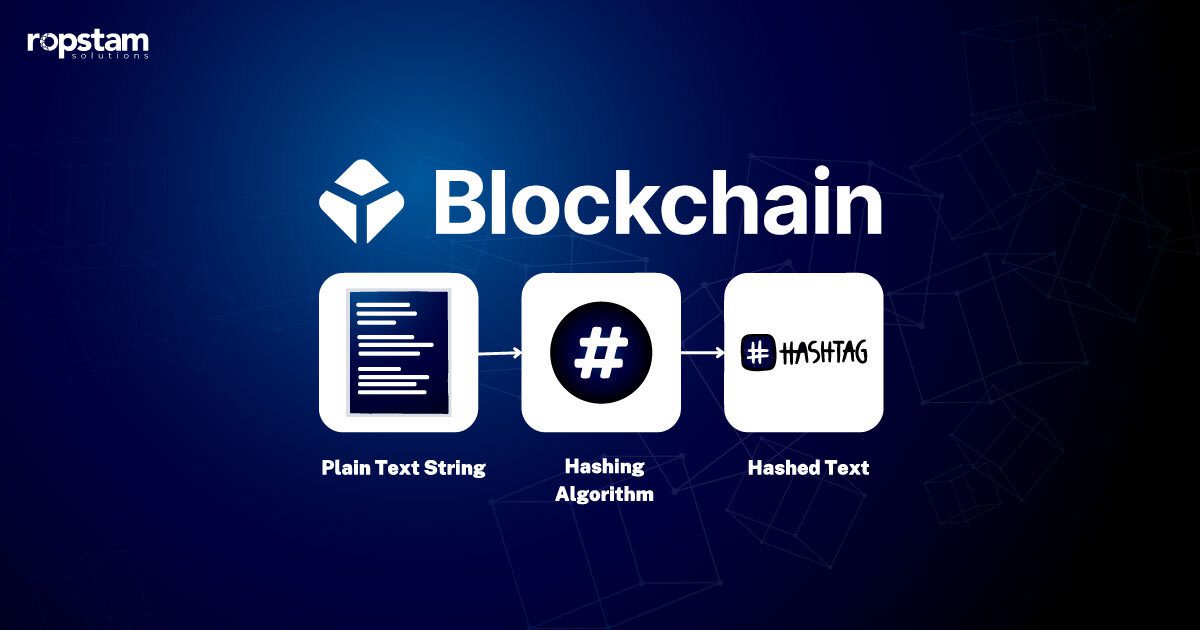After a decade of proving its mantle in eCommerce, Shopify is trying to retain its reputation by branching out. Blockchain technology and Shopify might seem odd to a reader in a single sentence a few years back. The merger is necessary now that we have entered a revolutionized internet era. Everything is getting decentralized, so why should eCommerce companies remain behind? Top blockchain Canada developers would testify to the changing trends: 36,860 Shopify Canada stores are multiplying and growing exponentially.
Can You Sell NFTs on Shopify Store?
As recently as July 24, 2022, we have seen many conglomerates approaching the world of blockchain and NFTs to market their products. One of the most famous examples is the Chicago Bulls, who launched their never-before-seen artwork and championship rings on a Shopify online store.
Uniquely, this move made all the NFTs available to the fans on a different store instead of a blockchain trading platform. Fans can use their credit or debit cards to purchase the NFTs, looping out the use of cryptocurrency or NFT wallets. Not that people could not accept paying for NFTs via credit/debit cards before, but a streamlined process could help buyers in the long run. Enter Shopify cryptocurrency plans or schemes of any other online eCommerce platform.
Shopify vs Amazon: Which Platform Needs Blockchain Integration the Most?
Another common question novices ask in the eCommerce world is if Shopify vs. Amazon is a valid comparison. We can take that in the light of blockchain development and see how they fare in that scenario.
We know that Amazon retail has filed a patent for a distributed ledger technology system to start using blockchain technology eventually. It will help the retail giant verify the goods and map the global supply chain. It will allow partnerships from manufacturers, couriers, distributors, end users, and secondary users to add events to the ledger after registering with a certificate authority can significantly aid the goal reach.
On the other hand, Shopify has been quietly adding blockchain and cryptocurrency payment options, but now they are coming loud with the move. In addition to its recent integration with Crypto.com Pay, Shopify’s other cryptocurrency integrations include Coinbase Commerce and BitPay.
Shopify gets the upper hand even though Amazon has a great reach in its efforts to include NFTs with the selling experience.
How Will Blockchain Change Shopify Experience?
NFTs
With NFTs and cryptocurrency, it is a sort of Robin Hood mechanism: it’s giving people the power of the internet back. A decentralized shopping store gives a similar feel. With less moderation, people might be encouraged to trade somewhat freely and not worry about a third party.
Let’s take the XMR coin, for example. The privacy coin Monero (XMR) facilitates users with their classic anywhere-anytime feature with complete autonomy and privacy. Anonymous transactions make it almost impossible to track them, all due to a highly encrypted wallet – something discreet and accessible like that convinces the user base to jump ship. Shopify had to make a decision.
A few years ago, in 2013, Shopify announced adding a Bitcoin payment option for online sellers. It was an important event in the world’s eCommerce history and the history of Bitcoin. Shopify extended its borders and was the pioneer in the Bitcoin payment process. At the same time, thousands and thousands of heads turned to the Bitcoin topic, as it was something new and not entirely clear for online merchants and customers.
With Bitcoin, horizons have broadened beyond imagination.
Tokengated Shopify Experience
Shopify is updating its platform to allow consumers and merchants to connect through their crypto wallets.
According to its website, Shopify is releasing a framework enabling merchants to launch “tokengated stores” to which fans can have early or exclusive access, should they possess tokens from the particular brand. Limited edition merchandise, experiences, and drops are among the rewards suggested by the company to sellers to “incentivize” fandom.
The company is now offering the possibility of minting and selling NFTs straight from the blockchain to an online store. A dozen NFT minting apps are suggested to complete the operation smoothly, with Ethereum, Polygon, Solana, and Flow indicated as the supported blockchains.
Furthermore, collaborations across merchants will now be possible, with tokengated stores allowing fans from other brands access to their products for a “big release or special drop.”
The upgrades were already available in the beta version but are now released for all customers. Other features, such as tokengated shops for mobile and in-store tokengated experiences, are currently being tested.
Conclusion
Shopify is bound to increase its expanse with the introduction of Web3.0. Only experts and blockchain professionals can better navigate the tide shift, so if you need any help, we recommend you do it the right way. Do not hesitate to approach us at Ropstam Solutions to get started on your personalized blockchain-governed eCommerce website.














